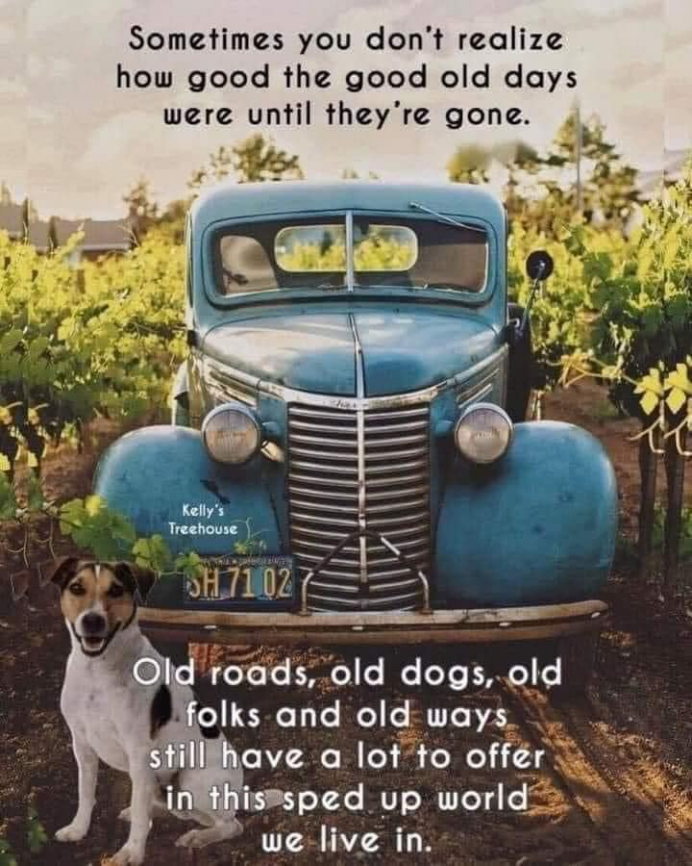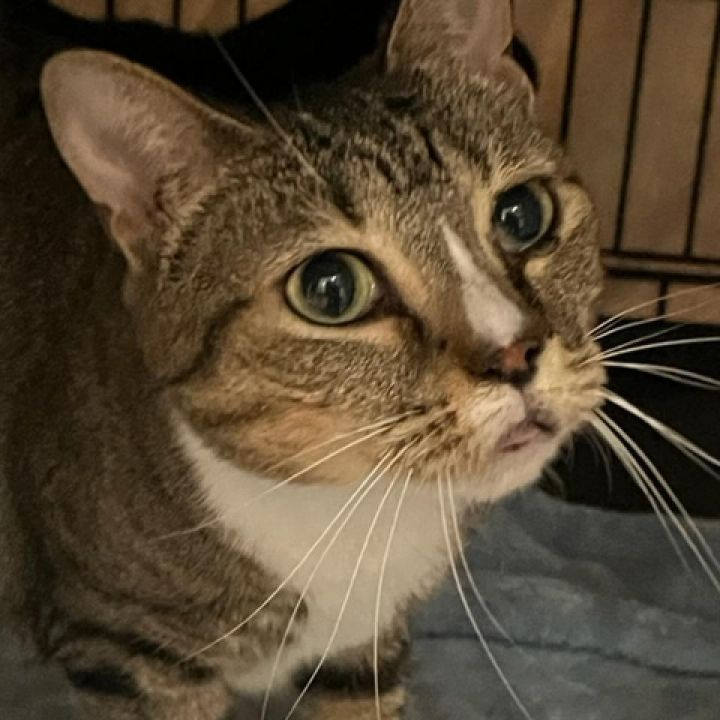The 119th Congress shapes up to be a busy Congress, particularly for me.
The increase in activity is both because of the bold initiatives Republicans hope to pass and additional committee assignments that I have been given.
In the last term, I was selected for the first time to serve on the House Committee on Administration.
The Committee has jurisdiction over most of the activities occurring at the U.S. Capitol. The U.S. Capitol complex is larger than the Capitol itself.
It includes the Library of Congress, the U.S. Botanical Gardens and the world-famous Smithsonian Institute Museums. Jurisdiction naturally includes oversight of the Capitol Police and committee budgets.
What many people do not know is that the Committee has jurisdiction over federal election administration.
While an important committee, House Administration does not take up as much of my time as the House Committee on Energy and Commerce.
As you know, I have served on Energy and Commerce since first being elected. The Committee holds scores of hearings related to important issues, such as the country’s health care system, domestic energy production and broadband.
Further, the Committee holds discussions and briefings that require my attendance.
Chairman Guthrie asked me to take on the responsibility of chairing the committee’s Environment Subcommittee.
The Subcommittee will be focused on the Environmental Protection Agency (EPA), government regulations and overreach, and the country’s environmental policies.
Additionally, in early January, Speaker Johnson appointed me to serve on the House Committee on Rules.
The Rules Committee exercises great influence over the legislative process in Congress. Members of the panel contribute to the advancement of legislation, control the length of debate on a measure, and may even alter the content of legislation.
Excluding circumstances where there is a suspension of the rules, every bill usually goes through the Rules Committee before a floor vote is taken by the entire House.
Given there are 435 lawmakers in the House, many in the chamber historically offered numerous amendments to a single piece of legislation. Accordingly, this practice consumed large amounts of time and prolonged debate on legislation.
The Rules Committee is supposed to streamline the legislative process to avoid unnecessary delays. The Committee is empowered to place limitations on the number of amendments and establishes the amount of time of debate for each bill.
I hope to work to assure the Committee does not eliminate debate on important issues.
Chairwoman Virginia Foxx (R-NC), who chairs the Rules Committee, will be serving her first term as Chairwoman of the Committee.
Following my appointment to the Committee, Chairwoman Foxx selected me to serve as Vice Chairman of the Committee!
As Majority Leader in Virginia’s House of Delegates, I was a staunch advocate for making sure the rules of the chamber reflected the principles of Jefferson’s Manual of Parliamentary Practice and Procedure.
This appointment to the Committee will give me an opportunity to move the House towards a process that is both efficient and fair.
I have already seen important bills come before the Committee.
Given the trust placed in me by Speaker Johnson and others for these committee assignments, I will dedicate a great deal of my energy and time to these bodies.
But that does not mean I will not take time to listen to your concerns.
Folks from Virginia’s Ninth District are some of those who will come to DC and meet with my DC office.
Generally, I try to make myself available to meet with folks when the schedule permits. To do so, I often must step off the dais and briefly leave a committee hearing to see a constituent in the hallway.
This practice will obviously continue, and unfortunately be more commonplace, during the 119th Congress.
The Rules Committee meets in the U.S. Capitol, while Energy and Commerce meets in the Rayburn House Office Building, and House Administration meets in the Longworth House Office Building.
Accordingly, when coming to my office, you may have to be escorted to one of these three locations. Regrettably, the three locations are not easy to get to from each other, so it may take a few minutes.
Nonetheless, I will continue to listen to you and advocate for you in Washington, whether that involves me seeing you in the district, or in the hallways of Congress.










